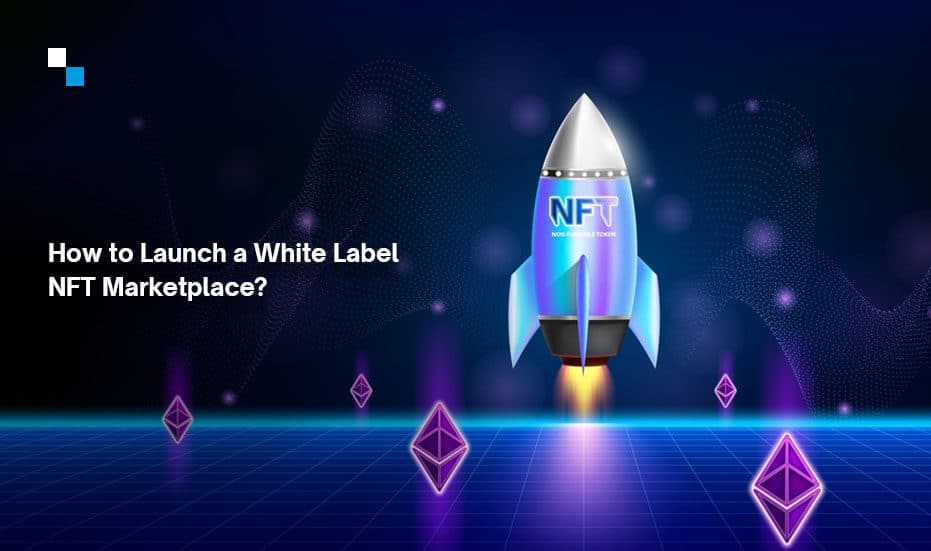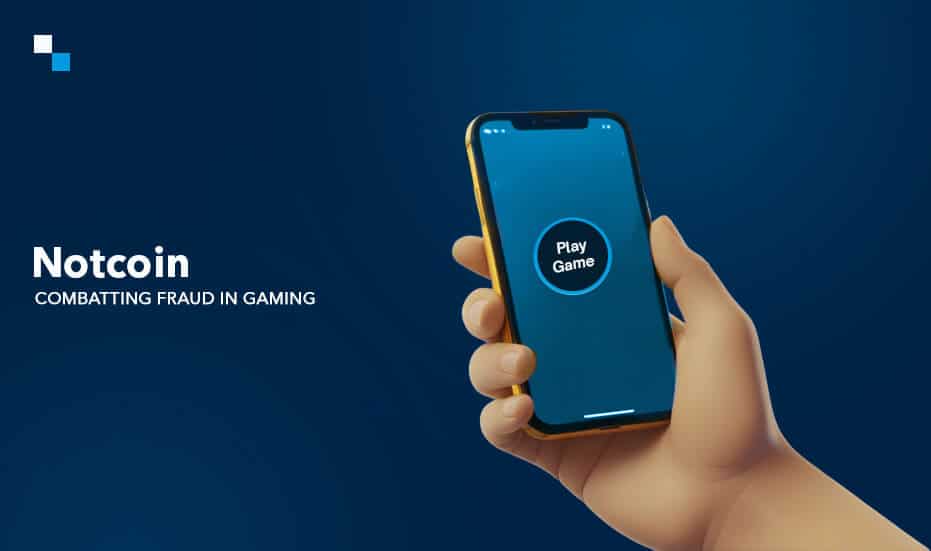
The Ultimate Guide to Implementing IDO Launchpad Development on Polygon
July 13, 2022
Why should you get your DeFi smart contracts audited?
July 14, 2022As per a Statista report, NFTs showed amazing growth during the year 2020-21 by delivering 138.7% year-on-year growth, making many NFT enthusiasts millionaires.
As the popularity of NFT grew, so did the need for NFT marketplace platforms. This boom encouraged many NFT marketplace owners to enter the NFT market with their unique applications. These online markets have developed into lucrative business options that offer immediate success and other advantages.
However, the cost of developing these NFT marketplaces is generally high if you want to build them from scratch, preventing budding businesses from exploring their destiny in the cryptocurrency market. However, a white label NFT marketplace solution provides a cost-efficient way to quickly launch an NFT marketplace platform.
An NFT marketplace: What is it?
NFTs can’t be exchanged freely since they are based on cryptography. An NFT marketplace serves as a decentralized marketplace where the trading of non-fungible tokens is executed. The platform’s virtual goods can be acquired at a defined value or by bidding.
Most online marketplaces need a virtual wallet before traders can close a deal. There are various marketplaces; some are more exclusive than others, and the majority are focused on producing and exchanging the arts.
White Label NFT Marketplace Development
Since these systems are simple, pre-coded software and, most notably, inexpensive, buyers worldwide know the advantages of ready-to-deploy NFT marketplace platforms.
Personalization, multi-wallet compatibility, MetaMask incorporation, API interfaces, and listing and dashboards to show price variation and compatibility with new NFT developments are all included in the white label NFT marketplace.
The following characteristics have given the white label NFT marketplace platform the upper hand in the market:
- The plug & play approach enables the developers to deploy the NFT marketplace quickly.
- The open-source framework is fully customizable and flexible, allowing clients to set it up whatever they like.
- Superior safety mechanism: In comparison with a conventional NFT marketplace, the white-label NFT marketplace is expertly developed with dependable safety protections that are very reliable.
- Consumer-focused approach: The immersive UX/UI in the white label NFT marketplace can be adjusted to the required specification.
- Incorporated NFT Wallet: The software is equipped with various NFT wallets to store and exchange NFTs.
- Cross-chain adaptability: The white label NFT marketplace is fully customizable as per the exclusive needs of a business.
Characteristics that are a must while selecting your White Label solution:
The NFT marketplace should offer the products needed for a platform to operate. It is recommended to start the project with the following features available:
- A user-friendly storefront will push your visitors to study and educate further about NFTs. Visitors will be able to discover the background of the NFT and the owners of the various items.
- The portal must allow creators & artists to enlist their NFT collections for bidding or marketing.
- Visitors should be allowed to browse the NFT libraries on the site and select them depending on their interests.
- Users must be drawn to your Marketplace’s user-friendly user interface (UX).
- There must be several payment options available to users.
Things to be considered while developing a white label NFT Marketplace
The buyer enjoys a controlling position over the solution. The administrator may include or erase and configure the elements according to their requirements.
All decentralized NFT marketplaces are built on one of these popular blockchains like Ethereum, Solana, Cardano, Polkadot, BSC and others.
Apart from swift development, such an approach ensures faster time-to-market, thereby reducing operational costs considerably. White label NFT marketplace development involves various aspects; thus, an expert development company should work on it.
Here’s a glance at important things that need to be considered when building a white label NFT marketplace:
• Create an attractive and seamless UI
The interface of the NFT marketplace should be appealing and straightforward to use. Whenever a person opens a website, the user interface (UI) is the main element they notice, and a poor UI might hurt the site’s reputation. Enhancing its visual value enriches the user experience and increases visitors.
• Create relevant smart contracts and include them
Like any other DApp over blockchain, decentralized NFT marketplaces are also operated by a smart contract at their core. There is no surveillance necessary because these automated mechanisms run on their own.
• Bring IPFS storage into the mix
NFTs shown on the trading platform are stored in the InterPlanetary File System (IPFS) memory, while the website keeps user information in a blockchain repository. After creating the system, you can incorporate IPFS into the system architecture.
• Test your product
Now it’s time to test your product. This procedure ensures there are no flaws, faults, or problems in the platform.
• Deploy
Launching the solution is all that needs to be done. The marketplace is established by the project team on the client’s server, making the website accessible to global users.
Conclusion
The NFT sector is flourishing, and a white label NFT marketplace will generate huge returns for any enterprise. Now is the perfect time to create and deploy the solution because the market is reaching its pinnacle.
At Antier Solutions, we offer comprehensive NFT marketplace development services to help businesses launch their NFT marketplaces. We specialize in providing a white label solution to accelerate time-to-market, and at the same time, we offer end-to-end services to build customized marketplaces from the ground up.
Connect with our subject matter experts to share your business needs.



